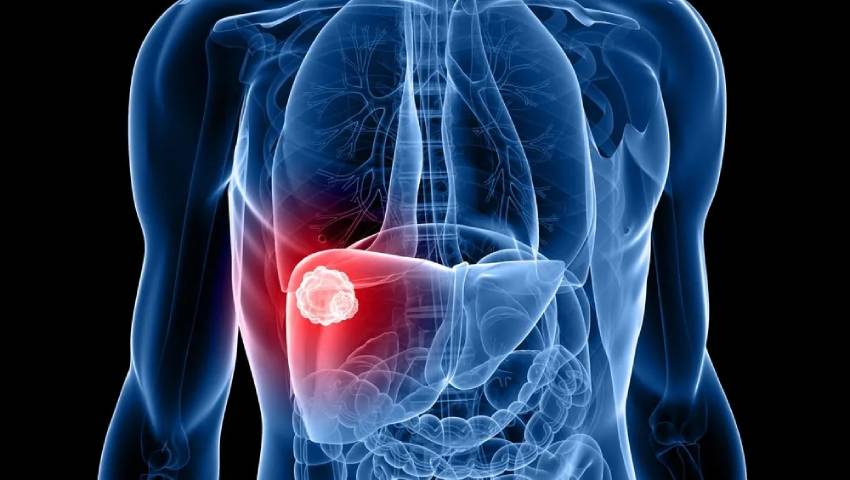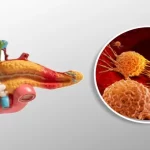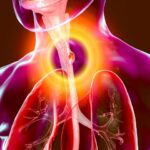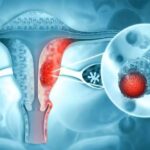
Liver cancer, specifically hepatocellular carcinoma( HCC), presents a growing global health concern, with projections estimating its impact on over a million people annually by 2025. Men have a disproportionate burden, being nearly three times more likely than women to be diagnosed, affected by various factors spanning biology, behavior, and societal dynamics. Feting this difference underscores the urgency for targeted interventions and heightened awareness campaigns. Dr. M.S.S Keerthi surgical oncologist in Hyderabad will share some major threat factors of liver cancer and its treatment options.
Let’s see,
What are the risk factors of Liver cancer?
- Chronic Liver Conditions: Chronic liver conditions, including cirrhosis, stand as significant precursors to liver cancer. Cirrhosis, frequently stemming from dragged alcohol abuse or habitual viral infections like hepatitis B or C, results in the formation of scar tissue within the liver. This scarring not only compromises liver function but also creates an atmosphere conducive to the development of cancerous cells. therefore, individuals with habitual liver conditions face an escalated threat of transitioning into liver cancer, underscoring the critical importance of early discovery and visionary management of liver health.
- Infections caused by viruses: Infections caused by viruses, particularly hepatitis B and C, pose a substantial threat factor for liver cancer. These cancers can quietly target the liver over numerous years, leading to habitual inflammation and liver damage. As the liver struggles to combat the infection, the threat of cancerous transformation increases significantly.
- Excessive alcohol intake: Excessive alcohol input is a well-established threat factor for liver cancer. Dragged and heavy drinking can affect liver inflammation, fatty liver complaints, and eventually, cirrhosis. This habitual damage to the liver significantly increases the likelihood of developing liver cancer. Additionally, alcohol metabolism produces dangerous by-products that can directly damage liver cells and impair their function, another elevating the threat.
- Diabetes: Diabetes presents a notable risk factor for liver cancer. The elaborate relationship between diabetes and liver health underscores this trouble. Individuals with diabetes constantly witness insulin resistance, leading to elevated levels of insulin and glucose in the blood. These metabolic abnormalities can promote inflammation and fatty liver complaints, contributing to liver damage and adding to the trouble of cancerous excrescency. also, poorly managed diabetes exacerbates these effects, further enhancing the trouble of liver cancer
- Gender and age: Age and gender play significant parts in the development of liver cancer. Generally, the threat increases with age, with aged individuals being more susceptible. also, men tend to have an advanced threat compared to women, though the exact reasons for this gender difference are still under examination. These demographic factors impact the liability of developing liver cancer and emphasize the importance of age and gender-specific screening and prevention strategies.
- Obesity: Obesity is a significant risk factor for liver cancer. spare body load, especially abdominal obesity, contributes to the accumulation of fat in the liver, leading to non-alcoholic fatty liver disorder( NAFLD). NAFLD can progress to more austere conditions such as non-alcoholic steatohepatitis( NASH), fibrosis, and ultimately cirrhosis, all of which boost the trouble of liver cancer.
- Specific inherited liver disorders: Specific inherited liver diseases significantly elevate the threat of liver cancer. Conditions similar to hemochromatosis, Wilson’s disease, and alpha-1- 1 antitrypsin deficiency can dispose individuals to liver cancer due to inheritable mutations affecting liver function and metabolism. In these diseases, abnormal protein production, disabled metal metabolism, or poisonous accumulation within liver cells can lead to habitual inflammation, fibrosis, and eventually, cancerous conversion.
Treatment for Liver Cancer in Hyderabad:
- Medical Evaluation Patients witness thorough medical evaluation, including imaging tests similar to ultrasound, CT scan, or MRI, to diagnose the extent and stage of the liver cancer.
- Surgical options depending on the stage and situation of the liver cancer, surgical interventions alike as tumor resection( dumping of the excrescence), liver transplant, or other surgical ways may be considered. The best liver cancer surgeon in Hyderabad like Dr.M.S.S. Keerthi, who has experience in surgical oncology, involving liver cancer surgeries, may play a vital portion in this phase.
- Radiation Therapy This remedy may be used to target and destroy cancer cells in the liver. Techniques like stereotactic body radiation therapy( SBRT) or external beam radiation remedy( EBRT) may be employed.
- ChemotherapyThis drug may be administered orally, intravenously, or directly into the liver( transarterial chemoembolization) to kill cancer cells. Targeted remedy drugs that specifically target cancer cells may also be exercised.
- Radiofrequency Ablation( RFA) or Microwave Ablation These ways involve using heat to destroy cancer cells in the liver. They’re frequently used for lower excrescences or when surgery isn’t an option.







